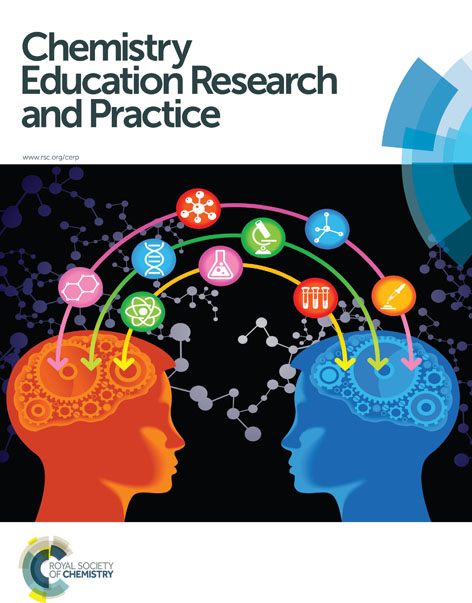Learning with and about advertising in chemistry education with a lesson plan on natural cosmetics – a case study
Abstract
This paper describes a case study on the chemistry behind natural cosmetics in five chemistry learning groups (grades 7–11, age range 13–17) in a German comprehensive school. The lesson plan intends to promote critical media literacy in the chemistry classroom and specifically emphasizes learning with and about advertising. The lessons of four lesson periods encompass several strategies for evaluating and creating advertising. Evaluation was carried out using a questionnaire with both open-ended and Likert-type questions. Classroom observation protocols were also analyzed. The lesson plan proved to be very motivating and it initiated intense discussion about chemistry and science-related information in advertising. The findings of this study indicate that the lessons triggered self-reflection on students' consumer behavior. Most of the younger pupils saw advertising as a suitable and important topic for the science classroom. More advanced students tended to regard such issues as an interesting, but in some cases an unnecessary, part of their science education. Findings from the different groups are compared. Future research directions are also considered.

 Please wait while we load your content...
Please wait while we load your content...